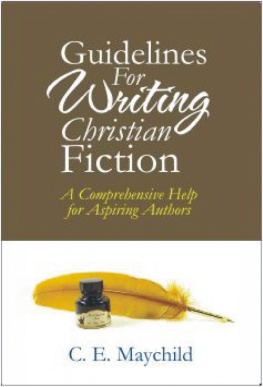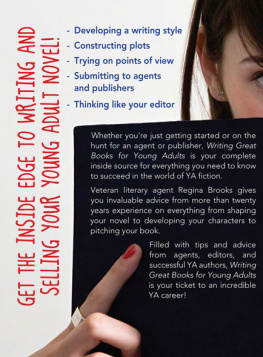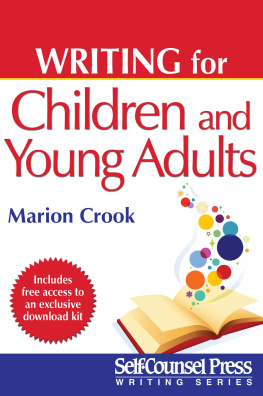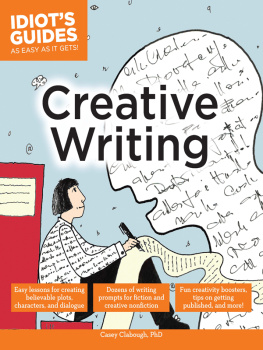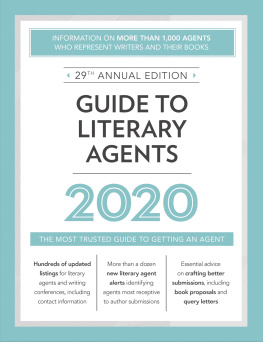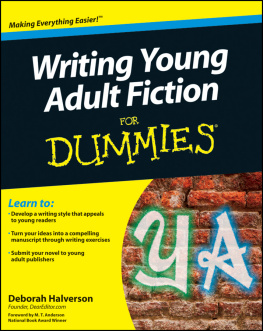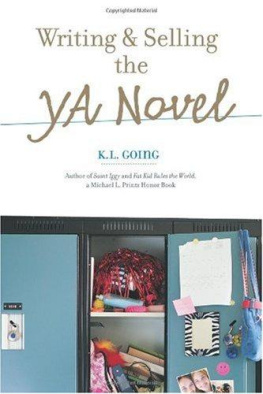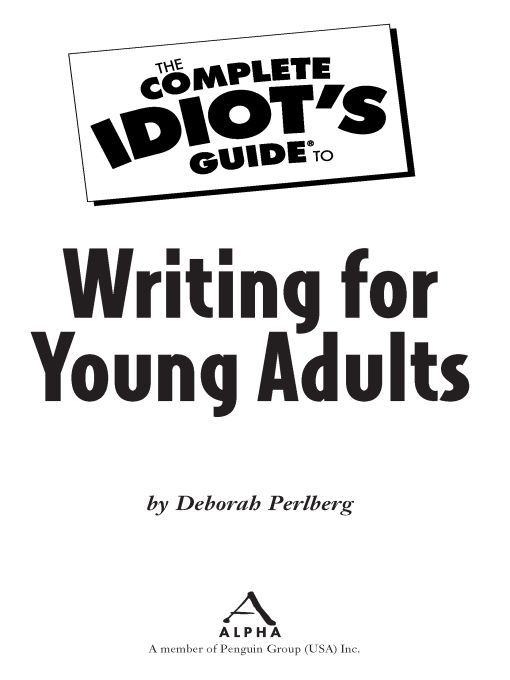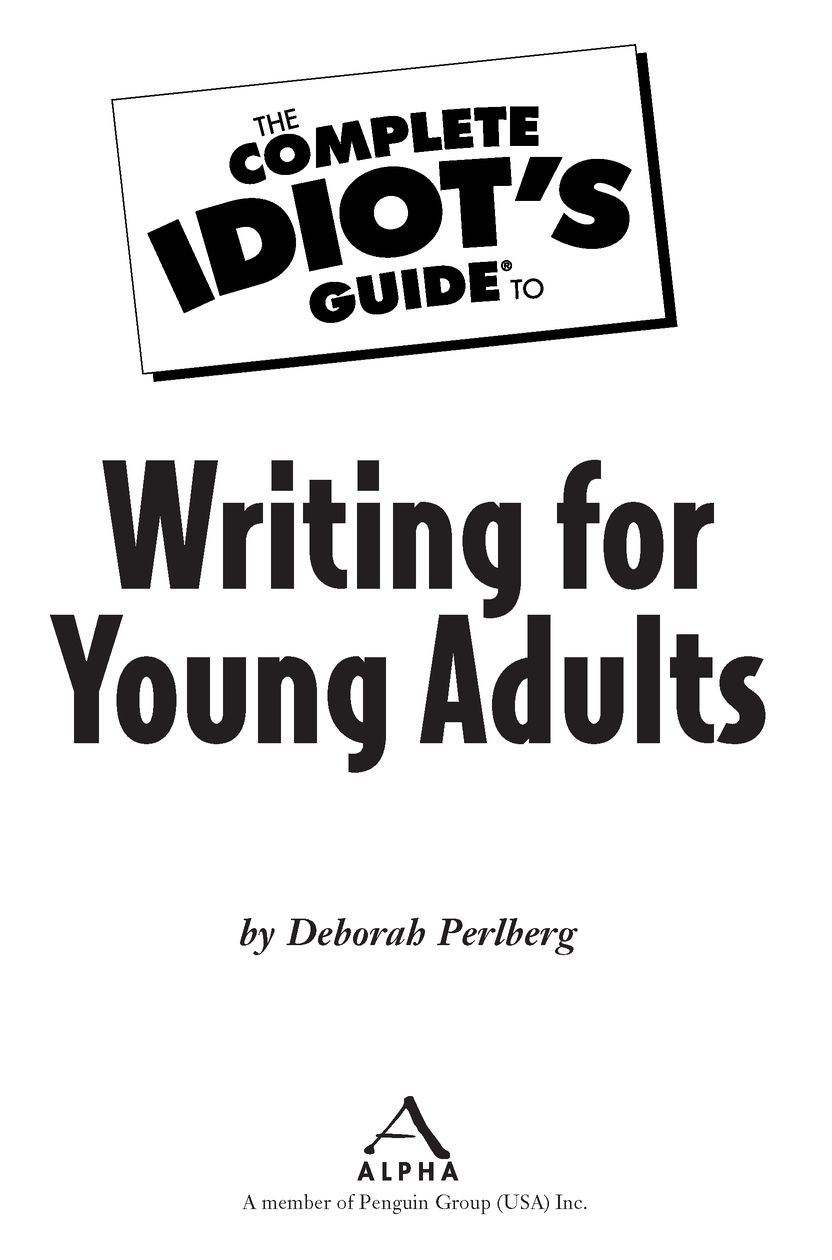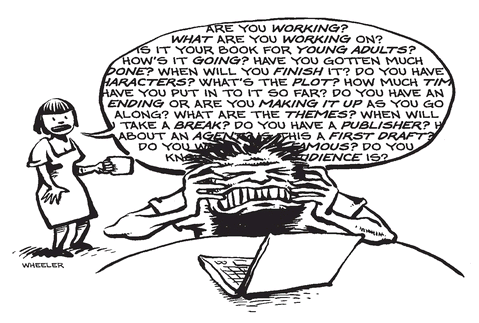Table of Contents
To my daughter Sara, who makes it all worthwhile.
Introduction
Dont let the word literature scare youyour young adult (YA) novel doesnt need to be War and Peace to get published. It just needs to attract an audience of young readers interested in the story you have to tell. And they will be interested: there is no end to the variety of subjects and experiences that appeal to YA readers.
YA books are unique in the marketplace both because of their narrow focus (readers aged 12 and up) and because of their content, dealing frankly with the main issue that preoccupies young readers: themselves.
Dont take that the wrong way. Young adults are supposed to be preoccupied with themselves. Its their job. Your job as a YA writer is to help shape their understanding of who they are and how they fit into the world. And although YA readers are notoriously astute at findingand rejectingcontrivance, condescension, or insincerity, theyre also the most dedicated, passionate, and loyal fans. What you write may profoundly influence their futures. Perhaps thats why YA novels tend to have a long shelf life, beloved by generation after generation.
Afraid you cant write a YA? You can, because you were once a young adult yourself. Whether youre now a grandparent, a parent, a 20-30-40-something, or even a young adult, youve been through the challenges, conflicts, and experiences that are the raw material for good writing.
As an added bonus, the same skills that help you write a compelling story for young adults are the same skills that will strengthen all your writing, whoever the audience.
How to Use This Book
This book is divided into four parts, each tackling a different aspect of getting your story out into the world.
Part 1, Laying the Foundation: The Basics, begins with an overview of the YA industry, to help you focus your goals and identify the type of novel you want to write. Then we plunge right into the practical elements of plot, character, and conflict, learning to craft a solid story from premise to resolution. We touch all the basics and even help you learn how to develop ideas.
Part 2, Work in Progress, continues with the skills and techniques that separate the pros from the amateurs. Chapters on point of view, dialogue, and voice will help you expand your technical repertoire; sections on revision, outlines, and the writers bible teach the practical skills to take your project from start to finish.
Part 3, Advanced Class, tackles more abstract skills, showing through example how to get at the emotions that drive your story and engage your readers; how to create a classic by going beyond plot to convey deeper messages; and teaching you how to identify the rules of your fictional world to keep it consistent.
Part 4, The Business of Writing, offers practical information that every writer wantsand needsto know, from finding agents and publishers to learning about copyrights and permissions. Youll learn to put together queries and pitch letters, find answers to the most frequently asked questions, and even take a dip into the surprising world of YA nonfiction.
Bonus Boxes
Throughout this book, youll find extra tidbits of information and advice to guide you on your writing journey.
Pen Pal
Practical information to add to your bank of writing knowledge.
Ink Spot
Quotes on every aspect of the writing game from YA experts.
definition
Explanations of commonly used literary terms that you will want to know.
Slush Pile!
Mistakes and missteps to avoid.
Acknowledgments
Id like to report that no one was harmed during the making of this bookbut first Id need to check in with the family, friends, and pets that saw no sign of me for weeks on end. Special thanks to my special daughter for always being on my team, picking up the slack, and tolerating way too many frozen pizzas.
Many thanks to Marilyn Allen, agent extraordinaire, and Michele Wells at Alpha Books for their phenomenal patience, and gratitude to Gwen Moran, Bobbi Dempsey, Nancy Lewis, Marta Justak, and Keith Cline, consummate professionals, for lending their expertise and encouragement.
To all the folks at the Gotham Writers Workshop, especially Adam Sexton for letting me create the first childrens book writing classes; wise and witty Dean of Students Alex Steele and the talented Dana Miller, writers allongoing thanks and appreciation; ditto to the dedicated staff at The Learning Center at Brown University.
To the writers, editors, assistants, and interns Ive worked with over the yearsespecially those whove remained valued friendsthanks for helping me gather the knowledge and experience that went into this book. Last, but certainly not least, to my wonderful writing students in New York and Providencethanks for constantly amazing me with your talent, insights, and creativity; you make it all worthwhile.
Special Thanks to the Technical Reviewer
The Complete Idiots Guide to Writing for Young Adults was reviewed by an expert who double-checked the accuracy of what youll learn here, to help us ensure that this book gives you everything you need to know about writing for young adults. Special thanks are extended to Marta Justak.
Trademarks
All terms mentioned in this book that are known to be or are suspected of being trademarks or service marks have been appropriately capitalized. Alpha Books and Penguin Group (USA) Inc. cannot attest to the accuracy of this information. Use of a term in this book should not be regarded as affecting the validity of any trademark or service mark.
Part 1
Laying the Foundation: The Basics
Sure, youre dying to jump in and start writing your best-selling YA novelbut where do you begin? Whos your main character? Whats the plot really about? Do you have too many scene ideasor hardly any? Yikeswriting novels is hard! Not to worry. This entire sectionthe longest part of the bookis devoted to getting your writing up and running. Youll get all the information you needstarting with an overview of the YA industry to help identify the type of novel you want to write and who you want to write it for!
Chapter 1
What Is a YA, Anyway?
In This ChapterHow to make sure your YA is a YA
Why level matters
Keeping it age appropriate


